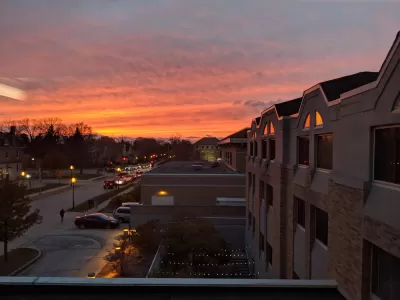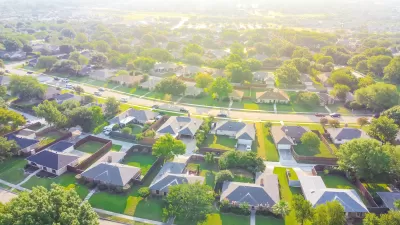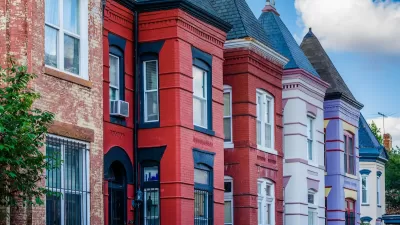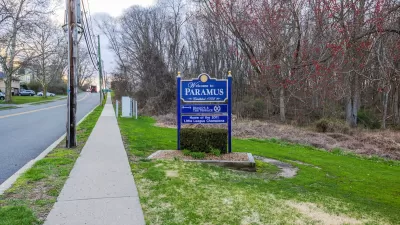The state is facing a workforce housing shortage and rising costs, but some cities and towns make it difficult to build new housing near jobs.

A debate over workforce housing is brewing in Wisconsin communities as housing costs rise and workers struggle to find affordable housing near their jobs. Writing in Urban Milwaukee, Evan Casey describes the mounting crisis.
As Casey explains, “Wisconsin has a shortage of more than 123,000 rental units, according to the National Low Income Housing Coalition. A January study from Forward Analytics also found that Wisconsin needs to build up to 227,000 new housing units this decade in order to solve its housing needs.” Meanwhile, there are 1.37 jobs for every home in Waukesha County, the county with the highest imbalance in the state. Yet plans to promote affordable housing development are meeting with backlash in some communities, where local officials fear the changes multifamily housing could bring, with one city alder making the comment, “We don’t step down to allow the people who can’t afford to live in Brookfield to come in.”
For communities that do want to make it easier to build affordable housing, “The League of Wisconsin Municipalities partnered with several statewide groups to release a toolkit for municipalities that includes zoning reforms to help promote affordable housing.” The toolkit recommends eliminating or reducing restrictions on lot widths, accessory dwelling units (ADUs), and multifamily buildings and ‘missing middle’ housing options such as duplexes.
FULL STORY: State Has Severe Workforce Housing Shortage

Planetizen Federal Action Tracker
A weekly monitor of how Trump’s orders and actions are impacting planners and planning in America.

San Francisco's School District Spent $105M To Build Affordable Housing for Teachers — And That's Just the Beginning
SFUSD joins a growing list of school districts using their land holdings to address housing affordability challenges faced by their own employees.

The Tiny, Adorable $7,000 Car Turning Japan Onto EVs
The single seat Mibot charges from a regular plug as quickly as an iPad, and is about half the price of an average EV.

Seattle's Plan for Adopting Driverless Cars
Equity, safety, accessibility and affordability are front of mind as the city prepares for robotaxis and other autonomous vehicles.

As Trump Phases Out FEMA, Is It Time to Flee the Floodplains?
With less federal funding available for disaster relief efforts, the need to relocate at-risk communities is more urgent than ever.

With Protected Lanes, 460% More People Commute by Bike
For those needing more ammo, more data proving what we already knew is here.
Urban Design for Planners 1: Software Tools
This six-course series explores essential urban design concepts using open source software and equips planners with the tools they need to participate fully in the urban design process.
Planning for Universal Design
Learn the tools for implementing Universal Design in planning regulations.
Smith Gee Studio
City of Charlotte
City of Camden Redevelopment Agency
City of Astoria
Transportation Research & Education Center (TREC) at Portland State University
US High Speed Rail Association
City of Camden Redevelopment Agency
Municipality of Princeton (NJ)





























